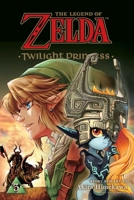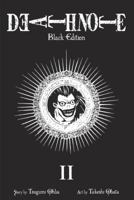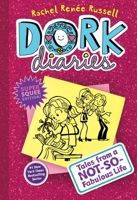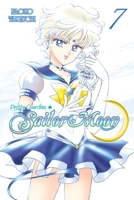Four Little Soldiers
Select Format
Select Condition 
You Might Also Enjoy
Book Overview
This anthology of poetry is a mixture of fact and fiction on thought-provoking subjects, such as love and romance, life and death (which is sometimes deep and bizarre), compiled with umpteen memories of the author's past, along with a lot of dry wit and nonsense verse. It's hoped the poems will bring the reader laughter and tears, with warmth and sentiment, as they just might recognize things they may have said, heard, or even done themselves hidden amongst the verse.
Format:Paperback
Language:English
ISBN:0802808980
ISBN13:9780802808981
Release Date:August 1995
Publisher:William B. Eerdmans Publishing Company
Length:152 Pages
Weight:0.50 lbs.
Dimensions:0.4" x 6.0" x 9.0"
Customer Reviews
1 customer rating | 1 review
There are currently no reviews. Be the first to review this work.












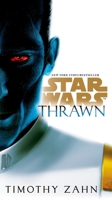
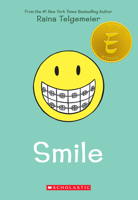
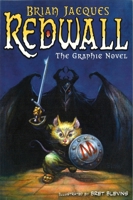
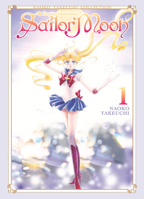

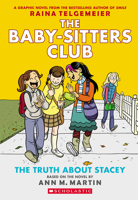

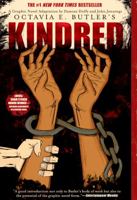
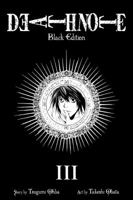
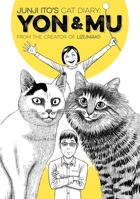
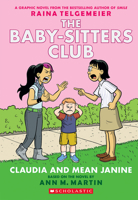
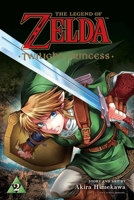
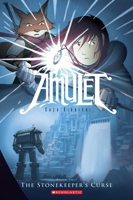
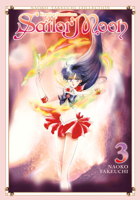
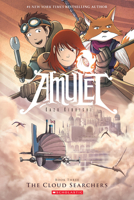
![ハイキュー!! 3 [Haikyū!! 3]](https://i.thriftbooks.com/api/imagehandler/s/1A64490422A4DFC963158E6898EA642511C92FB9.jpeg)
